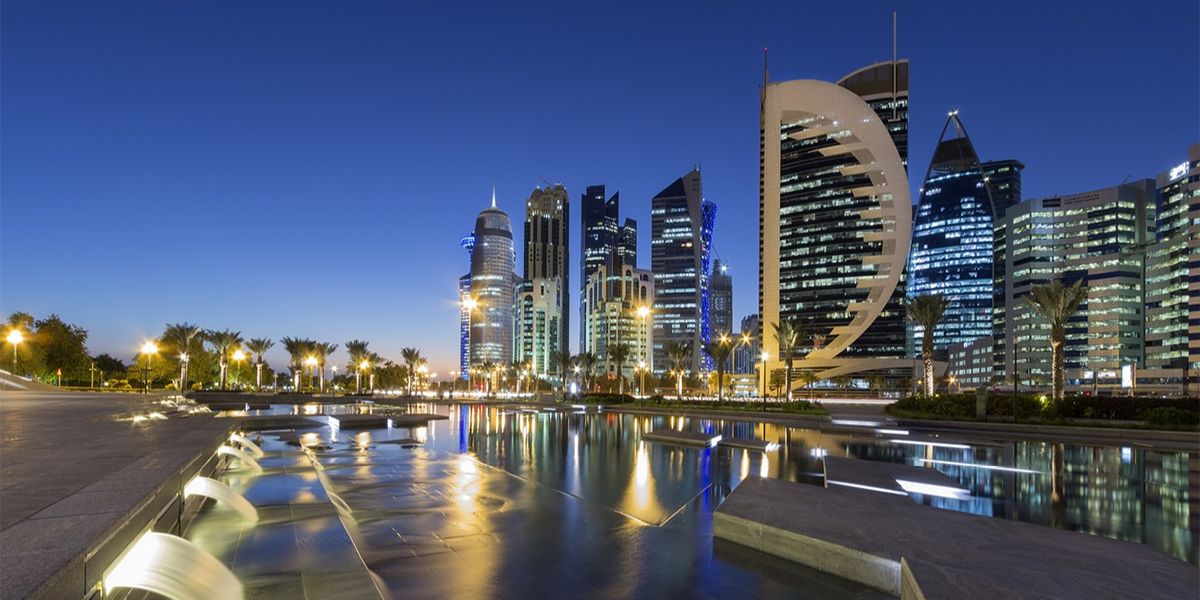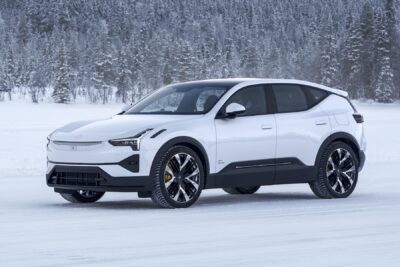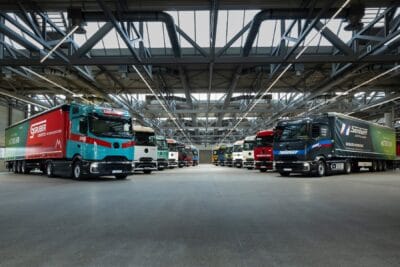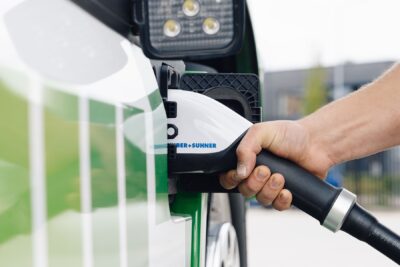Qatar goes for zero emission public transport by 2030
All public transport in Qatar is to be converted to all-electric operation by 2030. The gradual switchover includes public bus routes, state school buses and local Metro transport system buses in the capital Doha.
The transition onto zero-emission transport was announced by the US-Qatar Business Council, set up to push trade between the US and Qatar. As a first step, plans have already begun for a quarter of Qatar’s public transportation to be electrified by the start of the World Cup next year. To this end, the emirate already ordered 741 electric buses from the Chinese manufacturer Yutong at the end of last year.
For this purchase, the public transport company in Qatar, Mowasalat, gave the Chinese manufacturer Yutong a record order for 1,002 buses that included 741 electric buses. Mowasalat is responsible for organising commuter transport during the 2022 World Cup. According to Yutong, the order for 1,002 buses is worth 1.8 billion yuan, the equivalent of around 230 million euros, making it the largest order in the Chinese manufacturer’s history.
The contract was flanked by a framework agreement between Yutong, the Qatar Free Zones Authority and Mowasalat on the construction of a factory for the assembly of electric buses in Qatar. Starting at the end of 2022, a total of 1,500 electric buses are to be assembled in the emirate within seven years, which will also be destined for export to other countries in the Middle East, Europe, South America and Africa.
The emirate’s authorities are also working to build an electric car charging network in the country that should cover almost 12,000 square kilometres. For this purpose, electricity and water supplier Kahramaa is to build up to 500 charging points for electric cars by next year. So far, Qatar has “only 11 charging stations in regular operation,” according to Doha News. Now, new stations will be set up in strategic locations such as shopping malls, residential areas, stadiums, parks and government offices, according to the National Programme for Conservation and Energy Efficiency (Tarsheed). Qatar authorities said they are also aiming to couple charging stations with photovoltaic systems. One pilot site has already been in place since 2019, where the Tarsheed photovoltaic station hosts two charging points with up to 100 kW.
Since the announcement about the full electrification of public transport by 2030 came from the US-Qatar Business Council, readers might be wondering where the US-Qatar business aspect comes in: Qatar wants to produce 700MW from solar panels by 2022. Just last month, US company Avangrid (formerly Energy East and Iberdrola USA) announced plans to sell shares worth $4,000 million to both the Qatar Investment Authority [QIA] and Spanish Iberdrola Group, for $51.40 million each. Qatar Investment Authority bought some $740 million in shares of US gas and renewable energy provider, acquiring up to 3.7% of its common stock. This means the electric buses are just part of a greater picture that of course involves charging infrastructure but also significant renewable energy production.





0 Comments